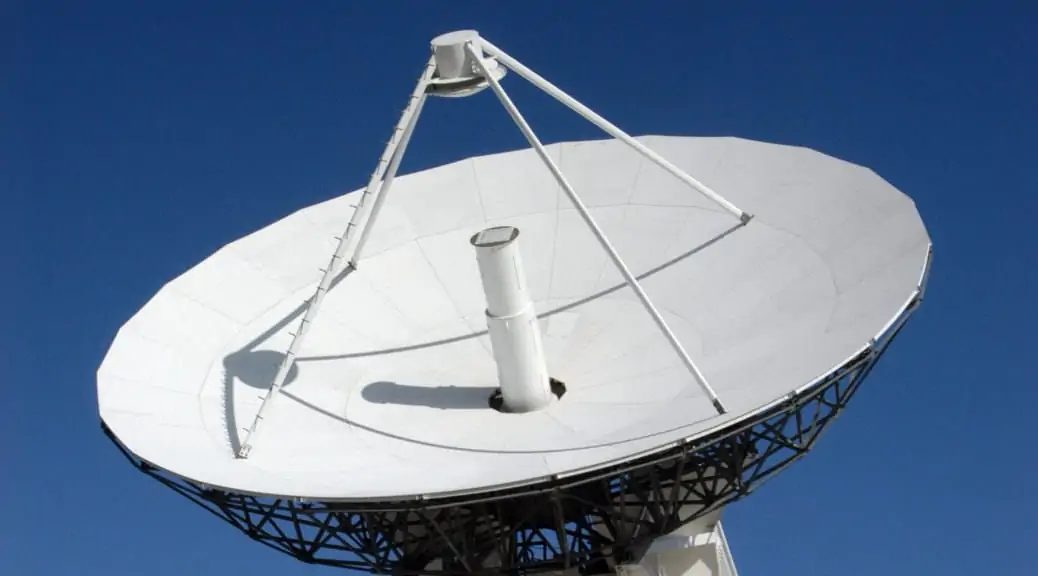The geopolitical landscape at the end of the year 2015 is especially strange. In effect, it is both dominated by the enormous gathering of heads of states and governments in Paris for the “COP 21”, which aims to make possible an international treaty on climate change, and by the war against the Islamic State, as the French president works to make possible a new cooperation between the U.S.-led coalition and Russia against the common foe (Yves Bourdillon, “Hollande, Poutine et Obama se liguent contre Daech”, Les Echos, 17/11/2015) after the terrible attacks on Paris on 13 November, following the downing of the Russian Plane on 31 October, the attack in Lebanon on 12 November and the bombing in Tunis on 24 November. …
Continue reading “Energy Geopolitics and Climate Politics: a Complicated Relationship”









